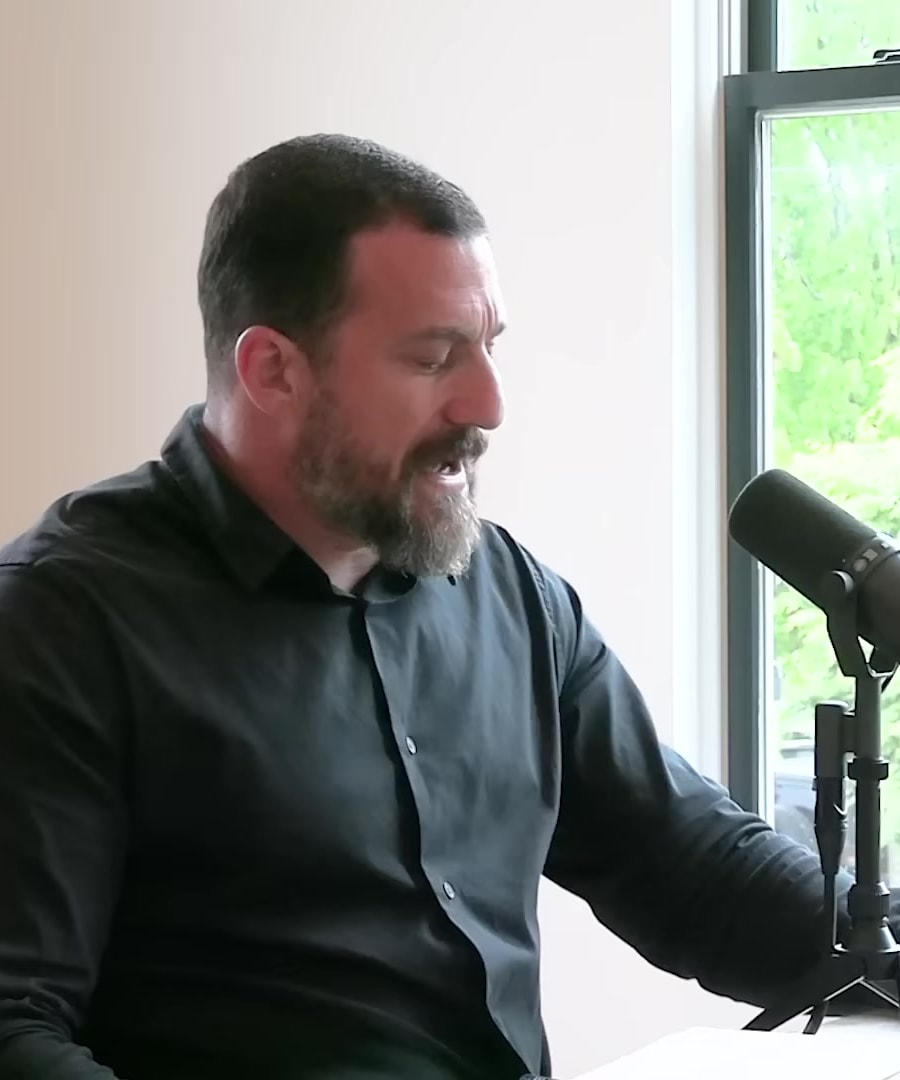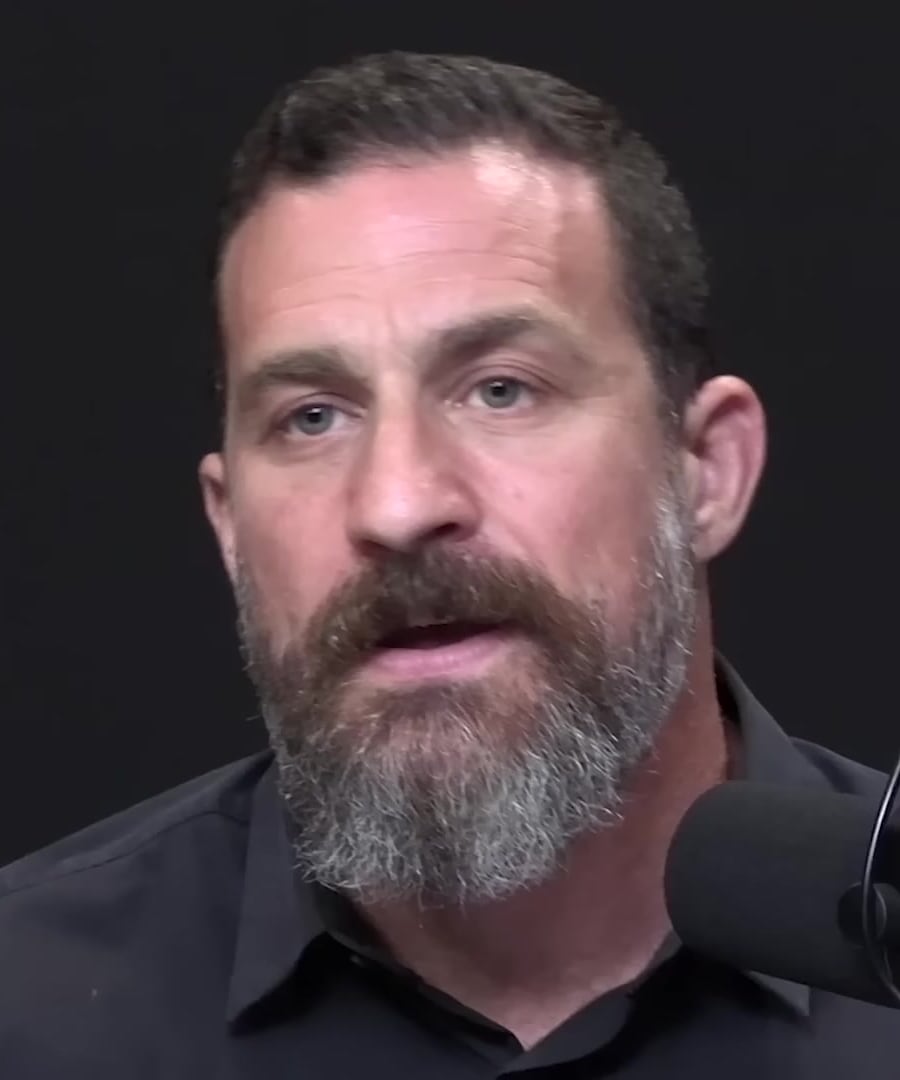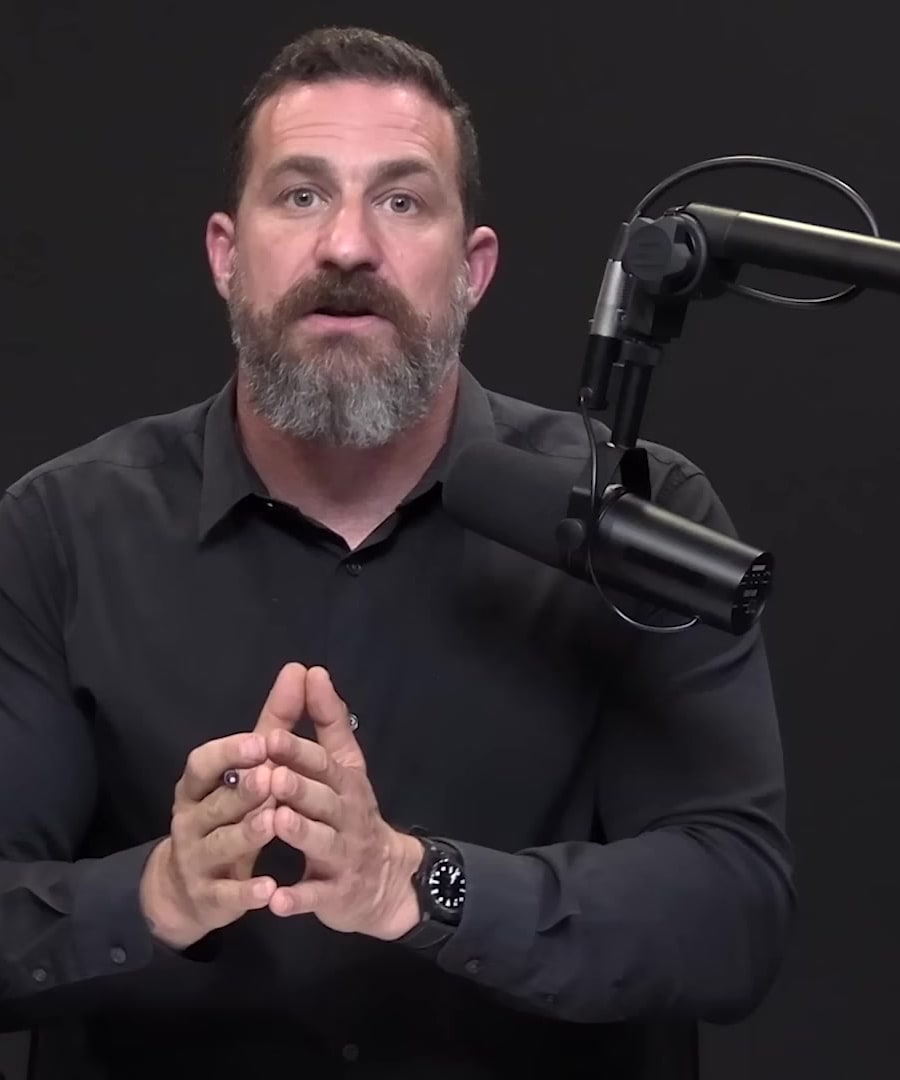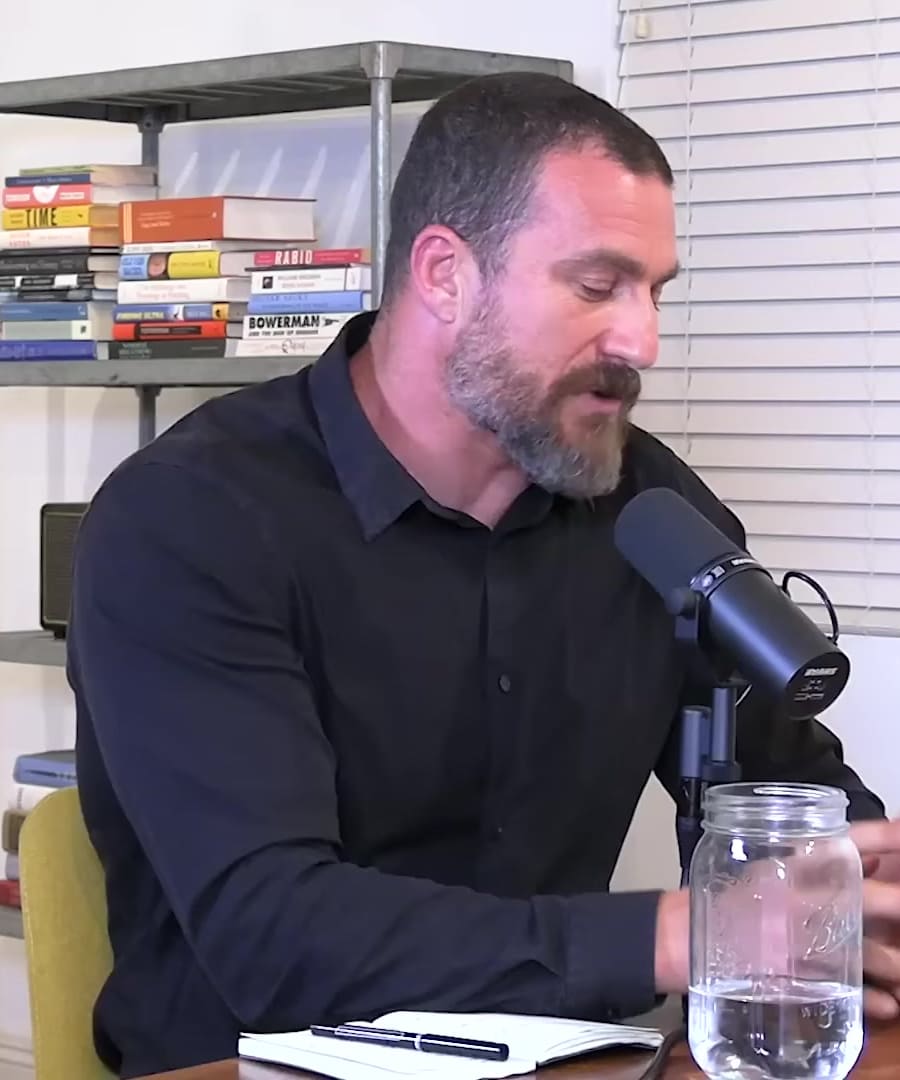releasing suppressed emotions
Sources:
discusses that one approach to releasing suppressed emotions, especially those relating to trauma, is accessing the state of mind and body that resembles the state of mind and body during the traumatic event, as a first step towards trauma release. It's crucial that this process is often done alongside a well-trained clinician, as it can be overwhelming. Additionally, engaging in intense physiological experiences like ice baths or hard exercise independently from the trauma memory can help individuals become comfortable with high levels of autonomic arousal, which in turn could be beneficial for working through traumatic experiences 1.
Moreover, suggests that embracing emotional states that we fear in a controlled manner without harm is beneficial. Leaning into emotions such as anger or sadness can be a therapeutic process and sometimes work as a motivation to move forward in life. However, there's a caveat; using these strong emotions to drive work without allowing oneself to truly feel them can create the illusion of having dealt with the emotion, potentially leading to exhaustion or unresolved issues later on. Acknowledging and experiencing these emotions can act like releasing a valve, aiding in emotional release and personal growth 2.
RELATED QUESTIONSList clips similar to "Unpacking Trauma"
Sources:
Here is a list of clips that explore topics similar to "Unpacking Trauma":
-
Dealing with Arousal: and delve into the reflexive response to trauma, including behaviors and thoughts aimed at altering the past. They discuss how to manage the arousal from traumatic thoughts and whether confronting them requires a trained therapist's presence 1.
-
Processing Trauma: emphasizes the importance of using language to express and process trauma. He discusses the detrimental effects of suppressing traumatic experiences and how they can manifest in disruptions like sleep and obsessive thinking 2.
-
Healing Trauma Through Writing: This clip discusses the benefits of journaling about traumatic events. explains how writing can bring structure to experiences and help in processing emotions, supported by neuroimaging studies that show increased prefrontal cortex activity with writing 3.
-
Power of Touch: The conversation between and touches on the chemical exchange during physical interactions and the potential of touch to reframe traumatic experiences through repetition and "discharging" those experiences 4.
RELATED QUESTIONS-
releasing suppressed emotions
- RELATED QUESTIONS
List clips similar to "Unpacking Trauma"
- RELATED QUESTIONS





